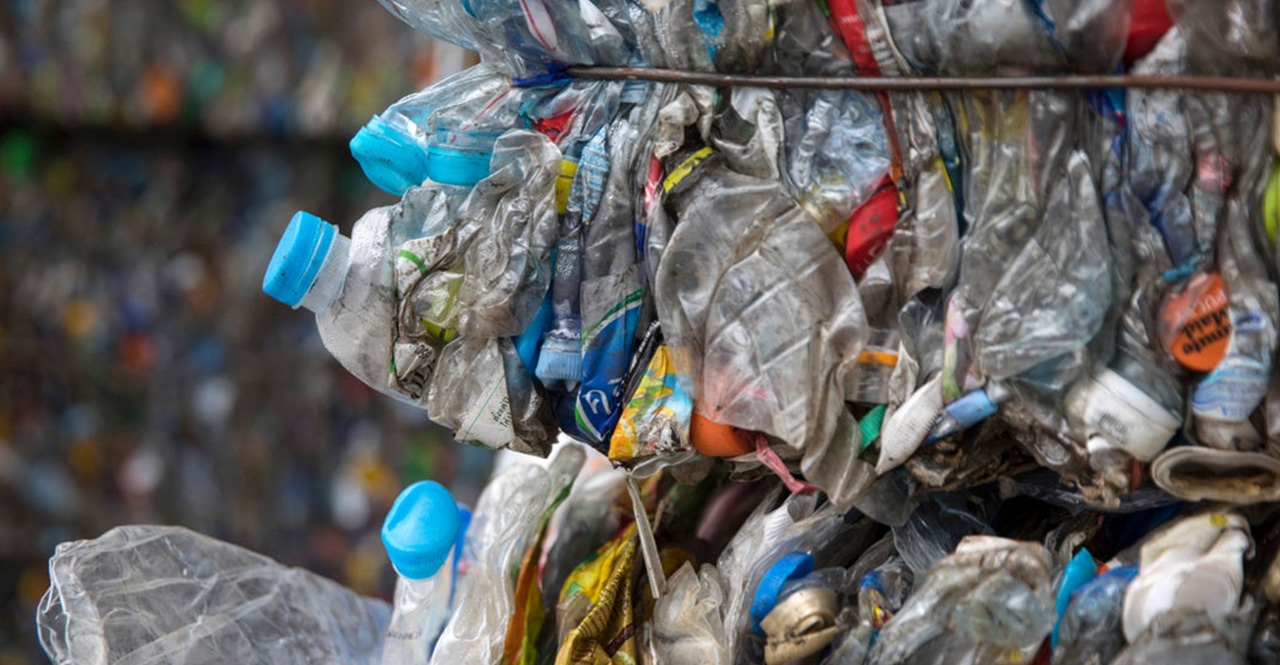Specialist Suggestions on Reclaim Waste Liquid Waste Removal and Industrial Waste Water Treatment
Specialist Suggestions on Reclaim Waste Liquid Waste Removal and Industrial Waste Water Treatment
Blog Article
Enhancing Environmental Sustainability Via Strategic Liquid Waste Removal Solutions
In the world of ecological sustainability, the efficient management of fluid waste stands as a vital focal point in protecting our communities and guarding public health and wellness. The intricate internet of challenges surrounding fluid waste disposal demands a calculated approach that surpasses conventional techniques. By discovering sustainable remedies tailored to certain contexts, industries can not only minimize environmental damage but likewise unlock lasting benefits for their operations. As we browse the complexities of liquid waste elimination in today's landscape, it becomes progressively noticeable that a proactive position is essential. Let us begin on a trip to uncover the transformative capacity of critical liquid waste management methods in boosting environmental sustainability.
Relevance of Fluid Waste Monitoring

One of the essential reasons why liquid waste management is important is its direct impact on public health. Correct management of fluid waste aids stop these health and wellness dangers and makes sure the wellness of the population.

Difficulties in Fluid Waste Disposal
Offered the essential relevance of correct fluid waste monitoring in securing public health and wellness and environmental wellness, it is vital to deal with the various challenges associated with fluid waste disposal techniques. One considerable difficulty is the lack of ample framework for the collection, therapy, and disposal of liquid waste.
Another obstacle is the presence of unsafe substances in liquid waste, including chemicals, heavy steels, and microorganisms. Appropriate identification and therapy of these harmful components call for customized understanding and equipment, which might not always be readily offered. Additionally, the cost of carrying out risk-free disposal practices can be expensive for some districts and markets, leading to additional and non-compliance ecological damage.
Lasting Liquid Waste Solutions
Amidst the pressing requirement for efficient fluid waste monitoring strategies, the important of lasting options arises as an extremely important concern for environmental preservation and public health. Sustainable liquid waste services include a variety of ingenious innovations and methods aimed at minimizing the environmental effect of waste disposal.
Moreover, sustainable liquid waste services prioritize the conservation of water sources via the execution of water recycling and reuse approaches. By repurposing and dealing with wastewater for non-potable applications like irrigation or industrial processes, these remedies add to water preservation efforts and decrease the strain on freshwater resources. On the whole, the assimilation of lasting liquid waste solutions not just sustains environmental sustainability but additionally promotes a healthier and more resistant culture for future generations.
Benefits of Strategic Elimination Practices
Purposefully applied removal practices play an essential duty in enhancing liquid waste monitoring systems for ecological sustainability and public health defense. By embracing tactical elimination methods, organizations can dramatically minimize the environmental influence of liquid garbage disposal. One of the vital benefits is the minimization of dangerous pollutants getting in water bodies, which assists in check here securing and preserving water ecosystems alcohol consumption water resources - Reclaim Waste Melbourne. Strategic elimination practices likewise add to reducing the threats of soil contamination, which can have resilient results on agricultural efficiency and biodiversity.
Moreover, these techniques advertise resource recuperation by allowing the extraction of valuable products from fluid waste streams. This not just lowers the reliance on virgin sources yet also sustains the circular economic situation principles of reuse and recycling. In addition, tactical elimination techniques can boost functional effectiveness and cost-effectiveness by simplifying waste management procedures and maximizing source allocation. Overall, the advantages of tactical removal techniques extend past ecological sustainability to encompass economic advantages and boosted public health and wellness outcomes.
Applying Efficient Environmental Approaches
Efficient implementation of environmental methods is critical in accomplishing sustainable fluid waste monitoring techniques. To start with, firms should perform comprehensive environmental analyses to identify prospective threats and impacts associated with their fluid waste disposal processes. By recognizing the environmental ramifications of their procedures, companies can establish targeted methods to lessen harm to ecological communities and public health and wellness.
Moreover, implementing find out here reliable ecological methods entails setting clear objectives and purposes for fluid waste administration - Reclaim Waste liquid waste removal. These goals must specify, quantifiable, achievable, relevant, and time-bound (WISE) to guarantee accountability and track development in the direction of sustainability targets. Firms can additionally utilize innovation and innovation to enhance fluid waste therapy procedures, minimize resource consumption, and improve overall efficiency
Collaboration with governing companies, stakeholders, and environmental experts is one more vital aspect of successful strategy execution. By involving with external companions, organizations can obtain useful understandings, gain access to sources, and ensure compliance with environmental regulations and policies. In general, a positive and critical method to ecological management is necessary for mitigating ecological dangers and advertising long-lasting sustainability in liquid waste elimination techniques.
Conclusion
To conclude, tactical liquid waste removal solutions play a vital role in boosting environmental sustainability. By dealing with the obstacles in liquid garbage disposal and carrying out sustainable methods, we can lower the adverse influence on the environment - Reclaim Waste liquid waste removal. It is essential to focus on efficient environmental approaches to ensure the long-term health and well-being of our planet
By executing reliable waste administration practices, such as proper collection, treatment, and disposal techniques, the dangers linked with liquid waste can be considerably reduced.
Given the vital importance of proper fluid waste monitoring in securing public health and environmental health, it is important to resolve the countless challenges associated with fluid waste disposal techniques. Lasting liquid waste remedies encompass a variety of ingenious modern technologies and this website techniques intended at reducing the environmental influence of waste disposal.Purposefully implemented removal methods play a crucial role in enhancing liquid waste administration systems for ecological sustainability and public wellness defense. Overall, a calculated and positive technique to ecological administration is necessary for minimizing ecological dangers and promoting long-term sustainability in fluid waste elimination methods.
Report this page